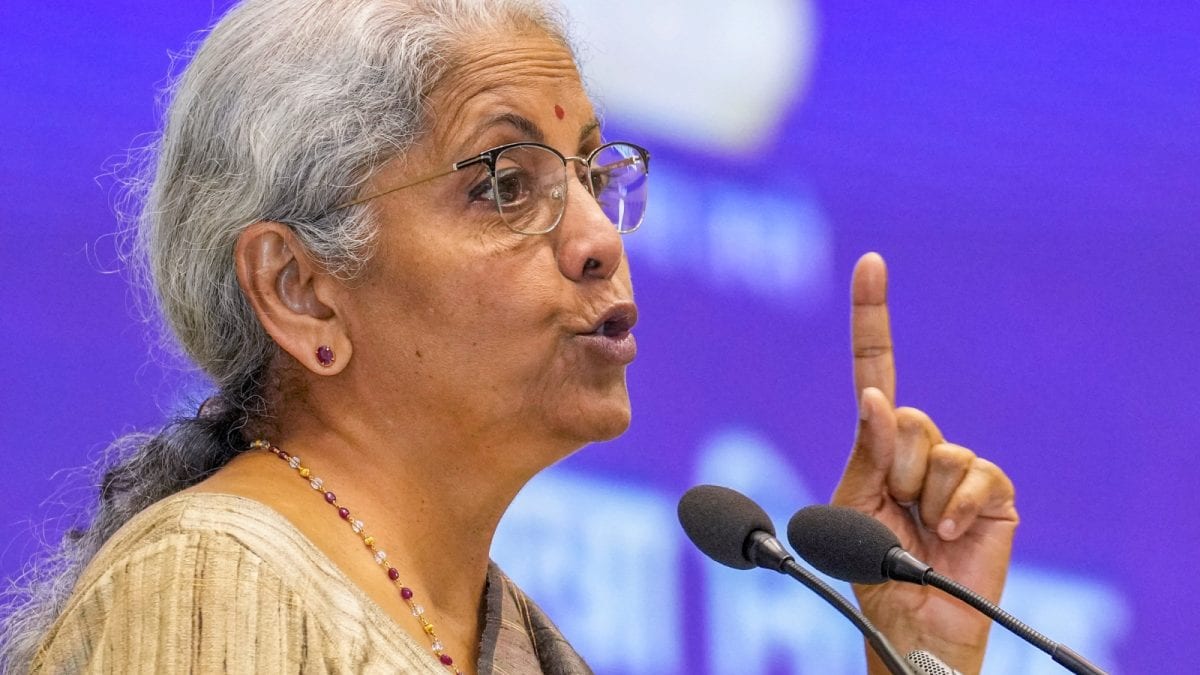Last Updated:
Finance Minister explains that the government had moved away from old pension scheme (OPS) due to its “unsustainable fiscal liability on the government exchequer”.

Finance Minister Nirmala Sitharaman. (File Photo: PTI)
Finance Minister Nirmala Sitharaman on Monday told Parliament that the government is not considering bringing back the Old Pension Scheme (OPS) for central government employees who are covered under the National Pension System (NPS).
“There is no proposal under consideration of the Government of India for restoration of Old Pension Scheme (OPS) in respect of central government employees covered under National Pension System (NPS),” Sitharaman said in a written reply in the Lok Sabha.
The finance minister explained that the government had moved away from OPS due to its “unsustainable fiscal liability on the government exchequer”.
What is NPS?
NPS is a defined contribution-based pension scheme introduced for central government employees—except those in the armed forces—who joined service on or after January 1, 2004.
To improve pensionary benefits for these employees, the government had set up a committee under the then Finance Secretary to recommend modifications to the NPS. Based on its discussions with stakeholders, the Unified Pension Scheme (UPS) was introduced as an option within the NPS framework “with the objective of providing defined benefits after retirement to the central government employees covered under the NPS,” Sitharaman said.
She added that the features of UPS, including the definition of family, were designed to ensure “payment of assured payouts while also maintaining fiscal sustainability of the fund.”
Unified Pension Scheme Features
Employees opting for UPS under NPS will also be eligible for benefits under the CCS (Pension) Rules, 2021 or CCS (Extraordinary Pension) Rules, 2023, in cases of death during service, or discharge due to invalidation or disablement.
The government formally notified UPS on January 24, 2025. Under the scheme, an assured payout on retirement is set at 50 per cent of the twelve-month average basic pay immediately prior to retirement, provided the employee has a minimum of 25 years of qualifying service.
For those with fewer than 25 years of service, the payout will be proportionately reduced, she said.
(With PTI Inputs)
A team of writers and reporters decodes vast terms of personal finance and making money matters simpler for you. From latest initial public offerings (IPOs) in the market to best investment options, we cover al…Read More
A team of writers and reporters decodes vast terms of personal finance and making money matters simpler for you. From latest initial public offerings (IPOs) in the market to best investment options, we cover al… Read More
view comments
Read More







